Introduction: Why Security is Key to Delivering Excellent SaaS Solutions
Software as a Service (SaaS) remains the largest market segment in cloud computing. According to Gartner, the SaaS market is on track to surpass the $130 billion mark in 20221.
This growth offers a great potential for SaaS providers to expand their business and diversify their offering. However, as organizations continue to rely on SaaS solutions to enhance business productivity, employee collaboration, and data security, SaaS providers are facing increased pressure to deliver advanced levels of performance and security. Underperforming apps will inevitably have a negative impact on providers’ ability to acquire new customers, ensure user satisfaction, and, most importantly, grow their revenue stream.
Similarly, the lack of mechanisms to protect against common security threats can cause significant business disruptions, resulting in loss of productivity and profit. The 2020 survey report by Infrascale reveals that SMBs lose between $10,000 and $50,000 per one hour of downtime². The stakes are much higher in enterprise, where a quarter of organizations report per-hour downtime costs of $301,000 – $400,000, while 17% loose more than $5M³. In addition to this, cyber breaches and major outages can make a permanent damage to the company’s reputation and cause loss of customers’ trust.
This is why data security is a common concern for SaaS providers, especially if they operate in regulated sectors such as Finance and Legal where security is the core business foundation. Recognizing their challenges, this white paper aims to provide guidelines and best practices for ensuring data security by leveraging phoenixNAP’s Data Security Cloud platform. SaaS providers looking to enhance their infrastructure security will learn:
- What the common SaaS security concerns are and what it takes to ensure data security.
- How SaaS providers can meet the demands for performance and security using a scalable infrastructure.
- How to easily deploy a secure cloud-based architecture that offers multi-layered data protection.
- What the key features of phoenixNAP’s Data Security Cloud are and how it helps SaaS providers meet their security and compliance goals.
For more information, download the white paper below:

